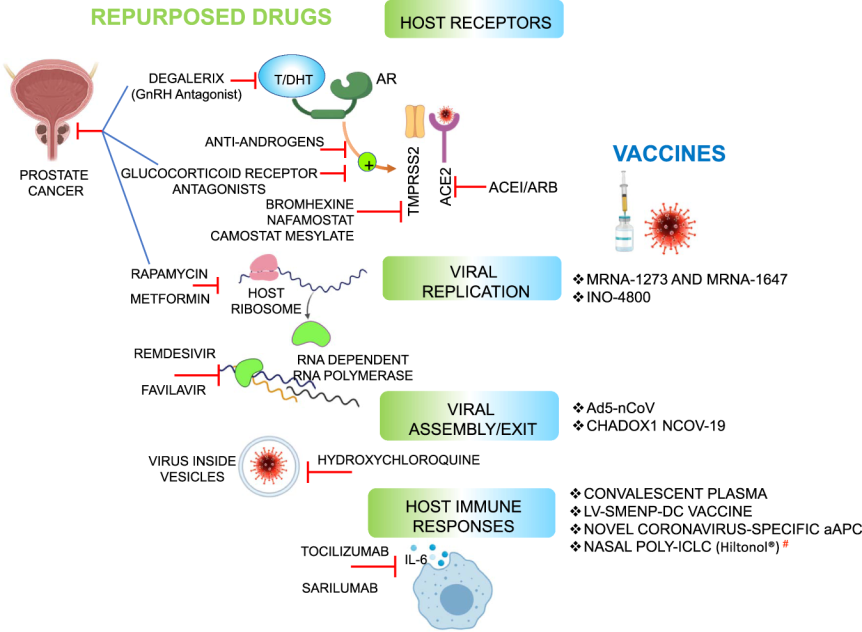Posts by tag
risk factors
Endometriosis: impact on ovarian cancer varies by subtype
Women with endometriosis have a fourfold higher risk of any type of ovarian cancer and those with severe endometriosis a 10 fold higher risk compared to women who do not have the condition. The study, which involved a cohort of…
Use of e-cigarettes after quitting smoking increases lung cancer risk
Former cigarette smokers who use electronic cigarettes may be at higher risk of lung cancer than those who do not use these devices. The study abstract 3051, presented in a session at the American Thoracic Society 2024 International meeting, held…
Liver cancer: how Europe can halt the rising death toll
When the cancer community in Europe talks of neglected cancers it usually means relatively rare or uncommon types, of which there are many. But conspicuous in the list are two digestive cancers that are both deadly, not uncommon and increasing…
Preventing alcohol-related cancers in Europe: lessons from three countries
Alcohol can be bad for your health. Most people know that. But what many people have yet to grasp is that ‒ like smoking tobacco ‒ drinking alcohol can significantly raise their risk of developing and dying from a wide…
Cancer-associated thrombosis: awareness and action can save many lives
Venous thromboembolism (VTE) is the second most common cause of death in people with cancer, yet it has received far less attention than other possible complications, such as infection or neutropenic sepsis. This situation is beginning to change, with events…
Link between COVID-19 and prostate cancer raises possibility of new treatments
The overlapping biology identified between the molecular pathogenesis of COVID-19 and prostate cancer raises the possibility of repurposing drugs, including androgen deprivation therapy, for treating COVID-19, suggests a review in Nature Communications Biology, published 8 July. In the review the…
Night-shift work and breast cancer risk: potential biological mechanism identified
Is night-shift work a risk factor for breast cancer? Experimental research just published in Nature Communications gives the molecular basis for asserting that it may well be. Researchers at Paris-Saclay University, with colleagues from Inserm and Inrae, studied the association…
Parity and breast cancer risk are not so strictly linked
The reduction in birth rate has been blamed in the past for the increase in breast cancer in young women, but now a study just published in JAMA Network Open (JAMA Netw Open. 2020;3(3):e200929. doi:10.1001/jamanetworkopen.2020.0929) offers evidence refuting this hypothesis:…








